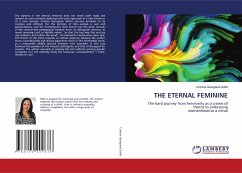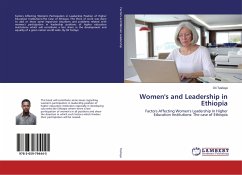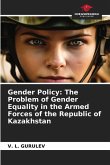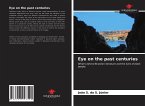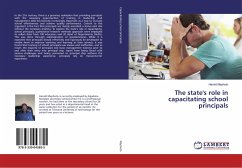The mystery of the eternal feminine does not reveal itself easily and remains an ever-renewed challenge with each approach of a new theme or of a new woman. Cristina Georgiana Safta's journey promises to be complex and difficult, for the territory of this analysis is vast and polymorphous, and her hermeneutics must search into the deep recesses of the cultural and pedagogical treasure trove, to distinguish nuances, to reveal meanings and to identify values, "so that the bad may flee and we may embrace and follow the good", as Constantin Cantacuzino once said. The theme of this book requires an ethical exigency, because the author must unconditionally and always experience virtue in the Aristotelian sense, as a reasonable middle ground between two extremes, in this case between the position of the Amazon suffragette and that of disregard for women. The author succeeds in passing this test without proving gender complicity, but still implicitly living the Camusian commandment "I rebel, therefore I am".
Bitte wählen Sie Ihr Anliegen aus.
Rechnungen
Retourenschein anfordern
Bestellstatus
Storno

